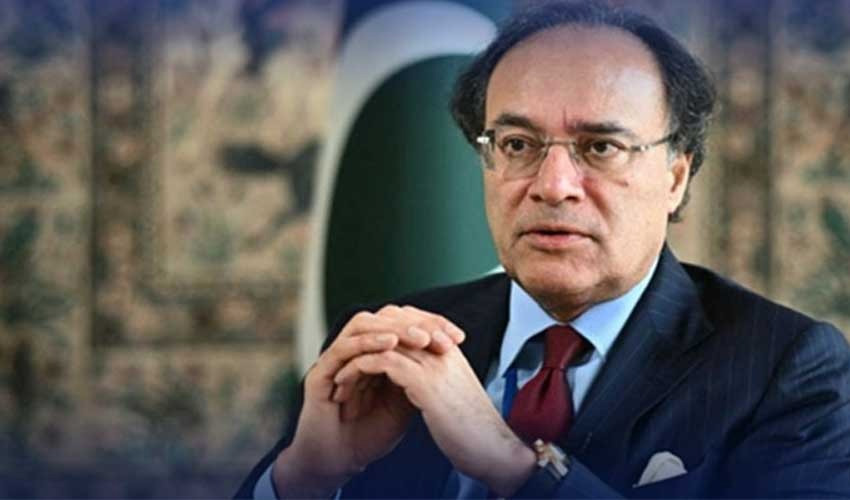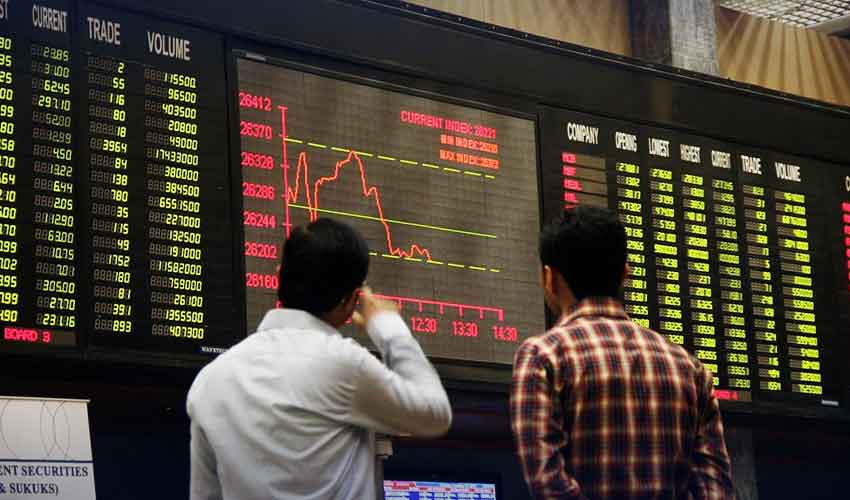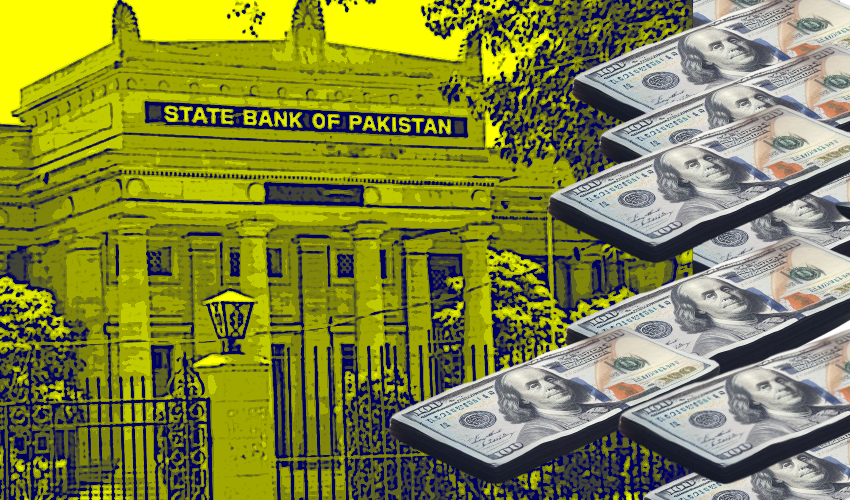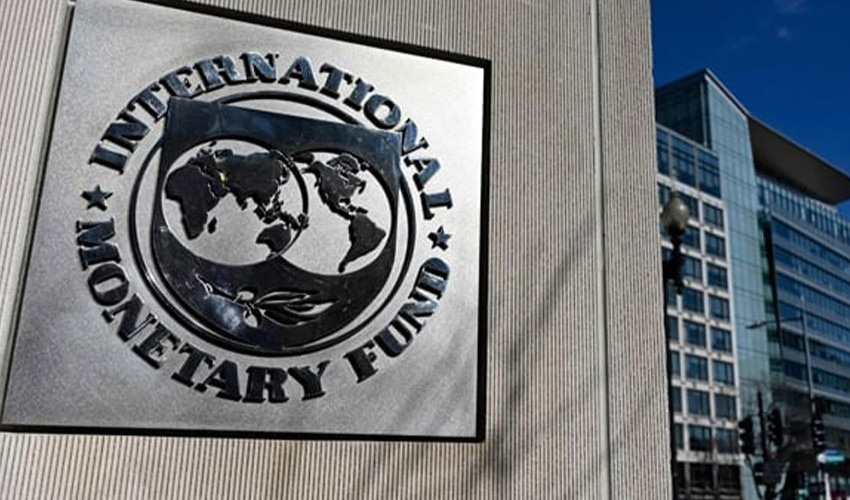Finance Minister Muhammad Aurangzeb, speaking at a press conference in Washington, outlined significant economic reforms and tax policies aimed at increasing transparency and sustainability in Pakistan's economy.
Aurangzeb emphasized that no one will be harassed for taxes, with data-driven assessments now central to tax collection efforts. He also announced new restrictions for non-filers, stating they will be unable to open bank accounts or purchase property, pending legislative approval.
Aurangzeb highlighted upcoming reforms in the Federal Board of Revenue (FBR), aimed at boosting transparency and fostering sustainable development. "We are taking difficult decisions to improve the economy. Our focus includes reducing imports, increasing exports in sectors like IT and agriculture, and transitioning government-owned enterprises to private management where feasible," he said.
During discussions with international financial institutions, Aurangzeb reported positive responses and an ongoing cooperative dialogue with the IMF, expressing hope that this IMF program will be Pakistan's last. He added that Pakistan’s foreign currency reserves now stand at $11 billion, reflecting a positive trajectory according to rating agencies.
Aurangzeb also held meetings with the Saudi Finance Minister and China's Vice Finance Minister Liao Min, emphasizing Pakistan’s commitment to strong bilateral relationships. Aurangzeb confirmed plans to issue Pakistan’s first panda bond in the Chinese market and reassured robust security for Chinese citizens in Pakistan.
Additional meetings with global tech and financial leaders underscored Pakistan’s digital ambitions. Google Vice President Kiran Bhatia discussed Google’s ongoing investments and plans to support Pakistan’s economy, while Visa's Regional President Andrew Torre reviewed efforts to modernize the payment system in Pakistan, including support for local institutions like OneLink. The Finance Minister praised Visa's Financial Inclusion Card initiative, a collaborative effort with private banks to enhance consumer access and ensure fair transaction processing options.
Aurangzeb conveyed the government’s commitment to driving sustainable economic growth and building a resilient financial system in Pakistan.



























